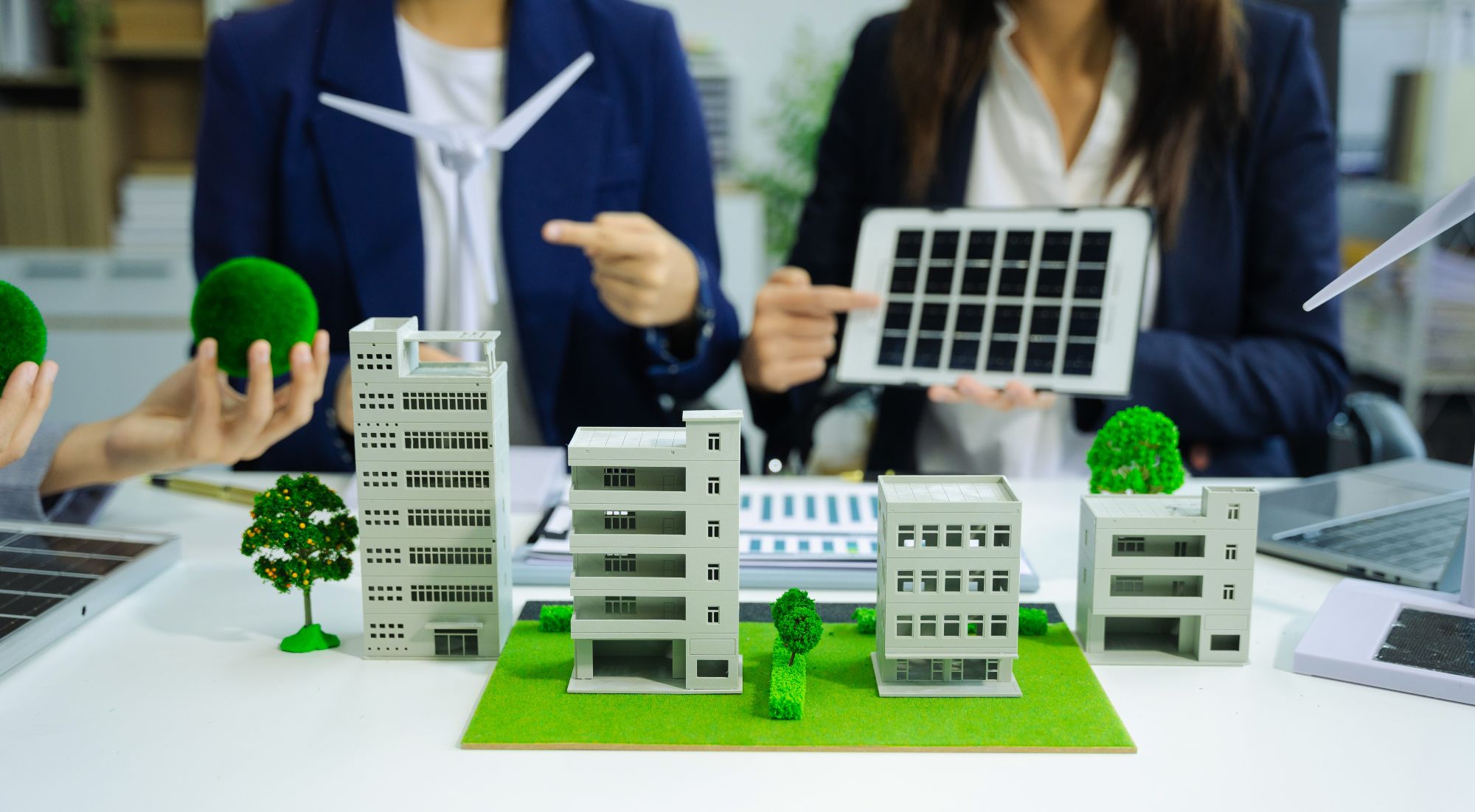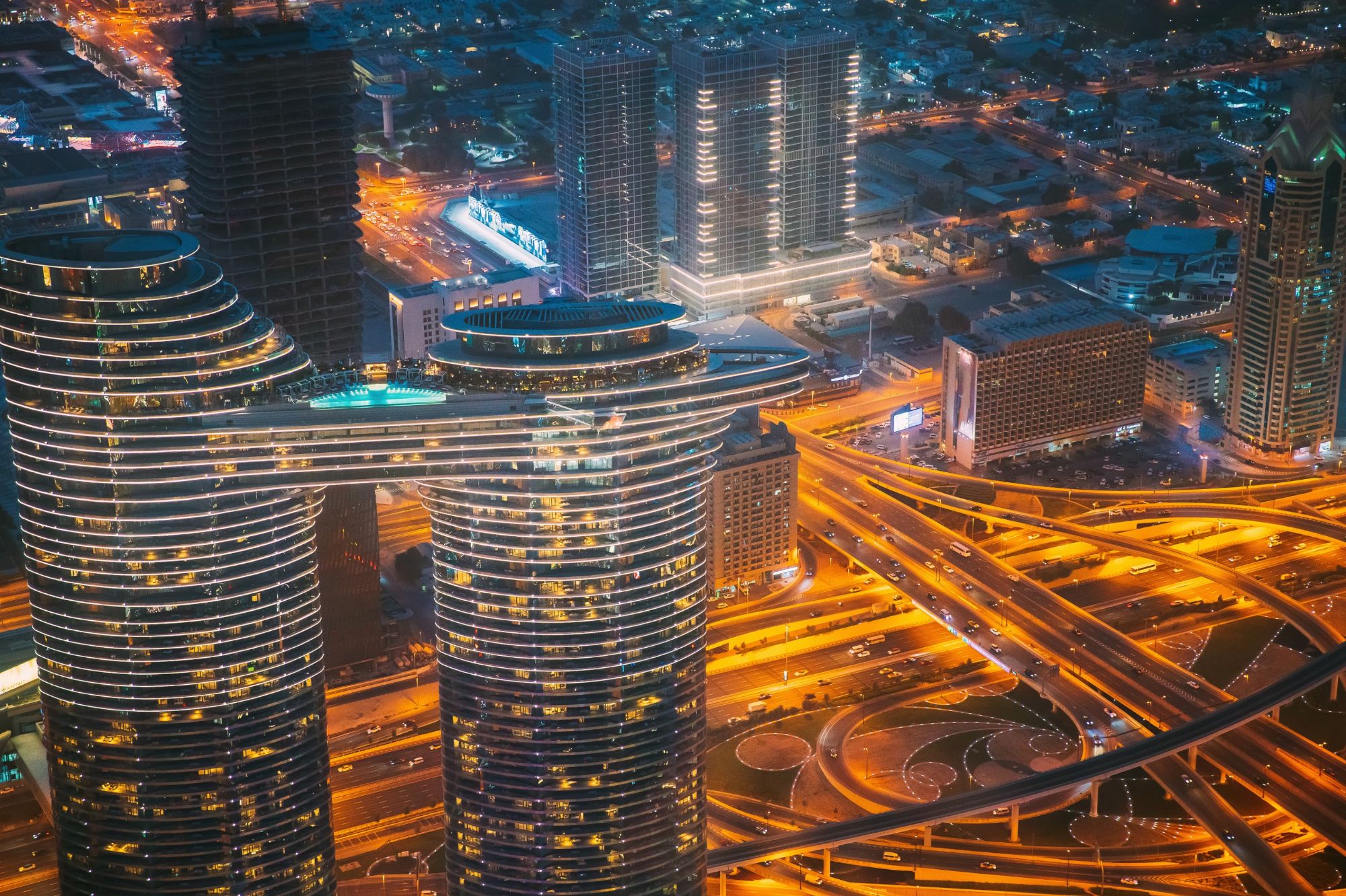The Role of Technology in Architecture: Dubai's Smart Buildings

In the UAE, smart city aspirations are taking shape. Dubai's skyline is not only visually impressive but also highly functional. The integration of advanced technology with modern design creates spaces that respond dynamically to people’s needs.
From energy-efficient solutions to AI-driven conveniences, Dubai's architectural innovations are paving the way for a smarter urban future.
What Makes a Building Smart?
Smart buildings use technology to run things better. They control:
-
· Energy use
-
· Temperature
-
· Security
-
· Lighting
-
· Water use
-
· Waste management
All these systems work together. Buildings with smart features can very well make changes on their own, making them more comfortable and efficient.
Benefits of Smart Buildings
Energy Savings
Smart buildings in Dubai are incredibly energy-efficient. Some use up to 40% less energy than traditional buildings. This is achieved through intelligent lighting systems that turn off when rooms are empty and smart HVAC systems that adjust based on occupancy and outdoor temperatures.
Enhanced Comfort
These buildings can adapt to individual preferences. For example, they can adjust lighting and temperature based on each occupant's stored preferences, creating a more personalized and comfortable environment.
Improved Safety
Smart buildings have advanced security systems, including features like facial recognition for access control and smart cameras for surveillance. Nowadays, many smart buildings in Dubai have AI-powered systems to detect unusual activities.
Future of Smart Buildings
As architecture technology continues to advance, we can expect even more impressive features in future smart buildings:
Biometric Access Control: Buildings might use facial recognition or fingerprint scanning for seamless and secure entry.
Self-Healing Materials: New building materials could automatically repair minor damage, reducing maintenance needs and extending the building's lifespan.
Advanced Energy Storage: Improved battery technology could allow buildings to store more renewable energy, potentially making them energy-independent.
Digital Twins: Virtual replicas of buildings could allow for real-time monitoring and simulation of different scenarios, optimizing building performance.

Smart Buildings in the UAE: What's Next?
More IoT and AI: Smart buildings will use more internet-connected devices and artificial intelligence.
Greener Buildings: The UAE wants to protect the environment. Smart buildings will help by using less energy and water. Living and working spaces will also be made healthier.
Whole Smart Cities: The UAE is planning entire cities with smart technology. Smart buildings will be a big part of these new cities, and people living there will enjoy easier, more connected lives.
Buildings That Change and Last: Future smart buildings in the UAE will be able to change as needs change. They'll handle different weather and adapt to people's needs.
New Jobs and Skills: As smart buildings grow; new jobs will open. People will need to learn to work with smart building technology.
Better Safety and Security: Smart buildings will have advanced safety features. They'll be able to spot problems quickly and keep people safer.
Energy Independence: Some smart buildings in Dubai might make their power using solar panels or other clean energy.
The advancement in Dubai’s architecture technology is laying the groundwork for creating a smarter solution. We can hope that the innovative building designs in Dubai will include energy-saver technologies and solutions, making smart buildings in Dubai less harmful for nature.

